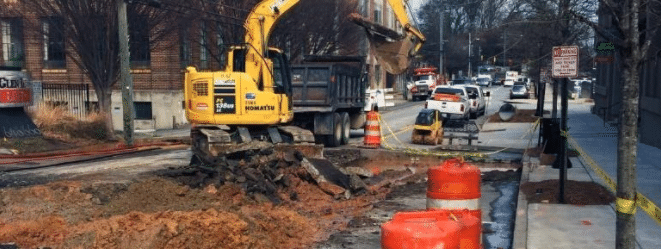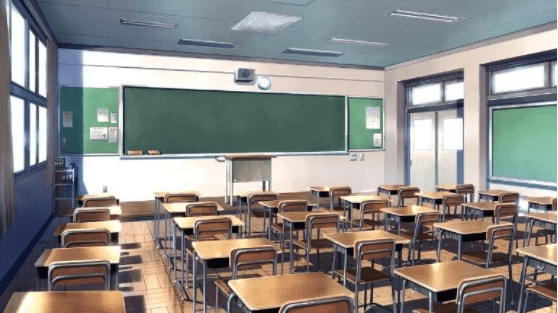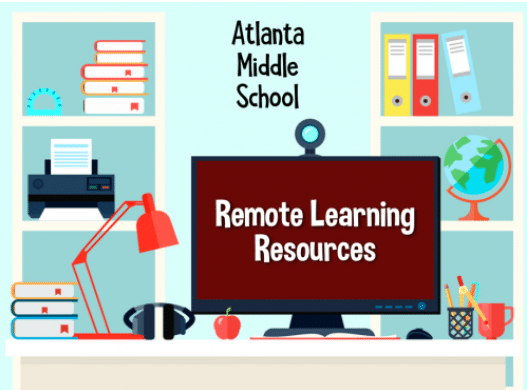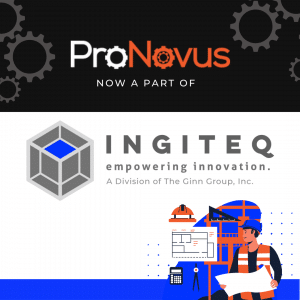This part of our two-part blog on Foundational Challenges Facing Atlanta & Most Communities is excerpted from a talk given in April 2021 by R. Steven Justice to the Georgia Tech Executive Round Table Spring Conference which focused on “Atlanta Next” – issues facing the metro Atlanta area and potential solutions. Part one was posted on November 19, 2021.
Introduction
My background is in the aerospace industry where I worked on many cutting-edge programs before joining the Georgia Department of Economic Development in 2010 as the Aerospace Director and later Executive Director of the Center of Innovation program. During my years with the Georgia Centers of Innovation, I learned quite a bit about the needs of our communities large and small across Georgia and how our core infrastructure impacts communities and business.
In this blog today I talk about the other two of four foundational challenges that face the Atlanta area and apply across all our communities. These are challenges that could stimy or even bring growth to a halt but offer great opportunities for emerging companies and leaders to make your communities a positive example to the region and nation. I’m going to give you lots of facts along the way, hey I am an engineer, but I hope it gives you something to think about.
Water
Water is essential to life. It is also essential to our continued growth in Atlanta.
You might have heard on the news about the Georgia-Florida Water War. No, it’s not a big water balloon fight between fans at the Georgia-Florida football game. It’s much more important than that. Recently a lawsuit made it to the Supreme Court where Florida claims that Georgia takes too much water from the rivers that flow through our state into Florida and into the Gulf of Mexico. Florida wants the federal government to restrict how much water Atlanta and other communities can take for our use. No problem, right? We have plenty of water, it rains more each year in Atlanta than in Seattle. Yes Atlanta, we have a problem.
We have already experienced moratoriums on new building in many counties due to a lack of sufficient water and sewer capacity. No water equals no growth! It really comes down to two issues – access to water and how efficiently we use that water. While we have lots of water resources now, there is great demand and climate change will most likely impact our rainfall patterns over the coming decades. We must be prepared to do more with less.
Our water systems in Atlanta and many other communities are outdated and inefficient. It is “out of sight, out of mind” since those pipes are underground and never seen by most of us. But water main breaks result in wasted water and disruption of people’s lives and businesses. And those water main breaks are not uncommon events.

The EPA estimates that the average city water system loses about 16% of the treated water, with some older systems experiencing up to a 30% loss. One-third of the water lost!
I want to share some statistics for Atlanta’s water system to put this in perspective:
- The Hemphill WTP, constructed in 1893, is Atlanta’s largest water plant that supplies approximately 65 percent of the drinking water supply for the City of Atlanta’. The plant has a treatment capacity of about 137 million gallons per day.
- The Chattahoochee WTP, built in 1962, is the second-largest water facility with a treatment capacity of about 65 million gallons per day,
- Atlanta has almost 2,800 miles of water distribution pipes ranging in size from 2 to 72-inches.
You can see our water needs are significant and the water system is a major part of our local infrastructure.
We need to update our old water systems to 21st-century technology to decrease our loss rate of water in the system and improve how we cleanse water before returning it into the waterways for downstream use. With almost 2,800 miles of pipes, how can we repair and replace century-old underground pipes without digging up the entire city? Do we move from centralized water and wastewater treatment system to a more distributed system employing new technologies? Would this type of system be more fault-tolerant? How do we apply new AI tools to water management? How can augmented reality and virtual reality be used to let us ‘see’ what is going on underground for water system repair and maintenance?
Water systems aren’t sexy, but the city and region that does not get a good handle on how they will meet the need for water will suffer economic stagnation.
Education
The last two years have been like no other for education due to the pandemic. Georgia Tech and other universities moved from in-person to totally online classes in just a few weeks. Our K-12 schools moved to online, and in many places to a hybrid mix of in-person and online. We have been forced to quickly expand the use of remote learning across the entire educational spectrum in a very short time and with mixed success. Do we simply go back to our previous in-person model after the pandemic? I believe our experiences during the pandemic give us a glimpse into how technology can revolutionize education in our city and state.

Our greatest asset in Atlanta is our people and currently, we waste the potential of many of our students due to the inability to provide a strong education to everyone regardless of their race, economic status, where they live, and other factors.
And this is not just an Atlanta issue, it is also true in our rural areas that have a hard time getting teachers and resources for their students. How does a small rural school afford a technology or engineering teacher for a small middle or high school? Most of the time they cannot and they don’t have broadband access to effectively use current remote teaching options.
Technology provides a potential solution to this problem by letting a teacher reach not just those students in a particular classroom, but students across the city and state. I think the experiences of Georgia Tech and faculty during this pandemic are a fantastic foundation to build on not just for the university, but for the entire educational system. How do we move forward from a ‘Zoom type’ learning environment to incorporate augmented reality and virtual reality to enhance the learning experience, to make it more personal and intimate? How can we more quickly expand broadband into all areas of the state to serve all schools and each residence to allow kids to use the network for learning at home? How can AI give teachers more insight and tools to personalize the learning experience for the student rather than teaching to a single common denominator?

I know that engineers and technologists don’t usually think of ourselves as directly involved in the K-12 educational system, but we have a big role to apply technology to the art of teaching to benefit our society. Of all the topics I’ve spoken of today, this is the one that most excites me the most and I believe can be a very fulfilling challenge for anyone taking it on.
Conclusion
There you go – water and education – foundational needs and challenges that will support all other growth and advances in our communities. These areas are ripe for innovation with tremendous potential benefits to our community and to society. At The Ginn Group and our engineering venture INGITEQ, we are committed to addressing these challenges through quality, responsive and cost-effective services, and solutions to meet the needs of our commercial, state/local government, and federal government customers. For more information about the other two foundational needs, transportation and energy, check out the first part of this two-part blog!



